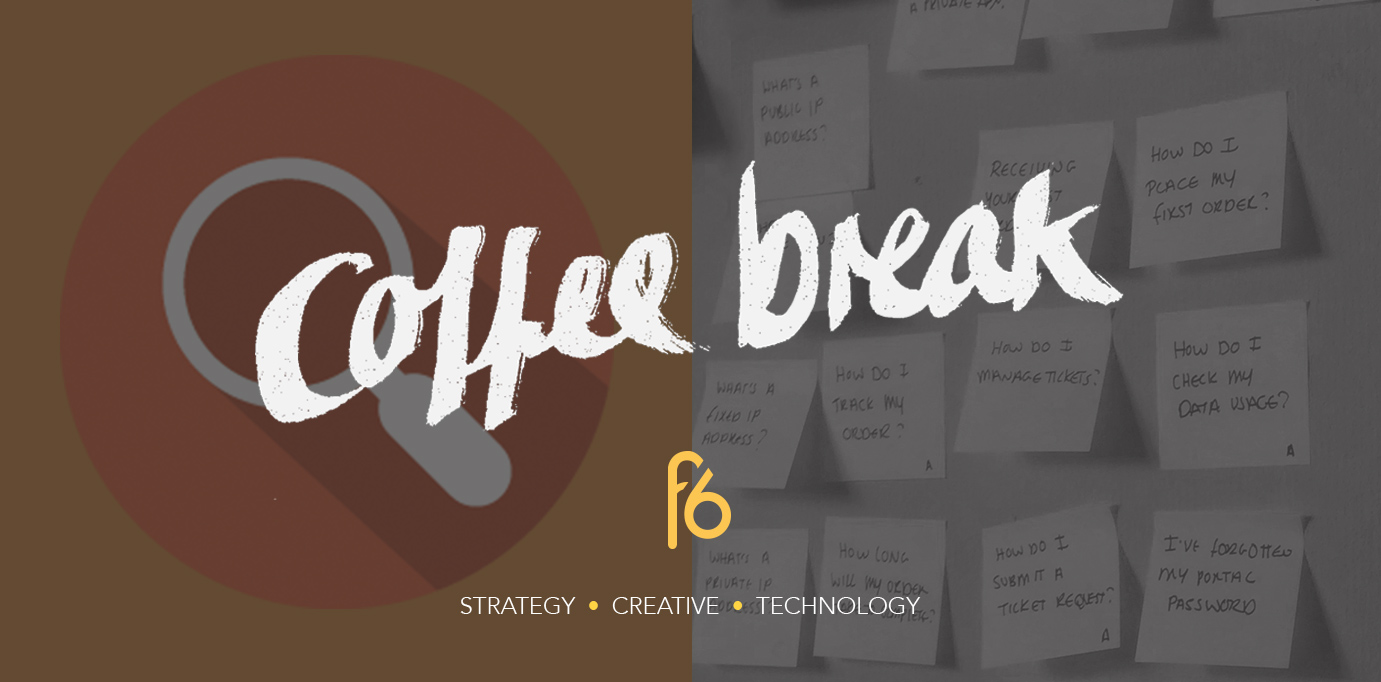Join us for our weekly round-up of what’s got us talking around the coffee machine. This week we’ve been thinking about what the future of online searching means for brands, and why taking the time to design your services in a user-centred way could win you more business.
Sian, Creative Strategist
What is Service Design?
Simply put, service design is a user-centred, holistic process that focuses on how we can innovate and improve services. By combining methods and tools from various disciplines including UX, marketing, project management, and even ethnography, service designers aim to make the best of any interaction a business has with its customers. Everything is considered and designed from the users viewpoint, with a focus on making interactions relevant to strike at the core of the task, competitive to drive differentiation, and above all, user friendly to ensure customers come back.
Often, we start from the ground up, identifying who users are and what they need to do. We find out how they’re currently doing it and the problems they’re experiencing. By mapping touchpoints in the form of customer journeys, we can show how customers move through the service, and evaluate the quality of their interactions with the business. Are they frustrated, delighted, or confused? Are they not using certain elements of a service, or are they in dire need of a new feature? Are they able to achieve their goals easily, or are they leaving and going somewhere else? Using a range of interventions, investments, and redesigns we can then evolve touchpoints, add new ones, or take away useless ones to improve the overall service.
Services designed holistically with a user-centred focus are not only more likely to be used again and again, but reduce the time and money often spent on fixing issues that can arise from services that haven’t been designed to put customers first.
Candice, Managing Director
The future of online search
Search is undergoing a quiet revolution—and the future of search will play a huge part in the success of brands and businesses.
With technology constantly evolving, the growth of the Internet of Things, and an expected 50 billion connected devices to be in use by 2020, consumers will want ways to search seamlessly right from their devices. Currently voice search is filling this need, helping the search function move from computer and mobile device.
Furthermore, with more and more consumers expecting personalised experiences, voice search has helped many services to become more personal. This has been aided by searching becoming more accurate, preventing consumers from receiving irrelevant content.
Businesses will still continue to rely on search data to help them predict behaviours and trends. It’s therefore important to keep improving on your search engine optimisation by:
- Making mobile a priority, not a perk.
- Keeping up to date with the rise of digital assistants and voice searches
- Conquering local search
The core goal and objective of search is to find what the end user is looking for. Make sure that those who are looking for your products or services can find you, and can easily understand why you’re the right option, and your search results will do well.



